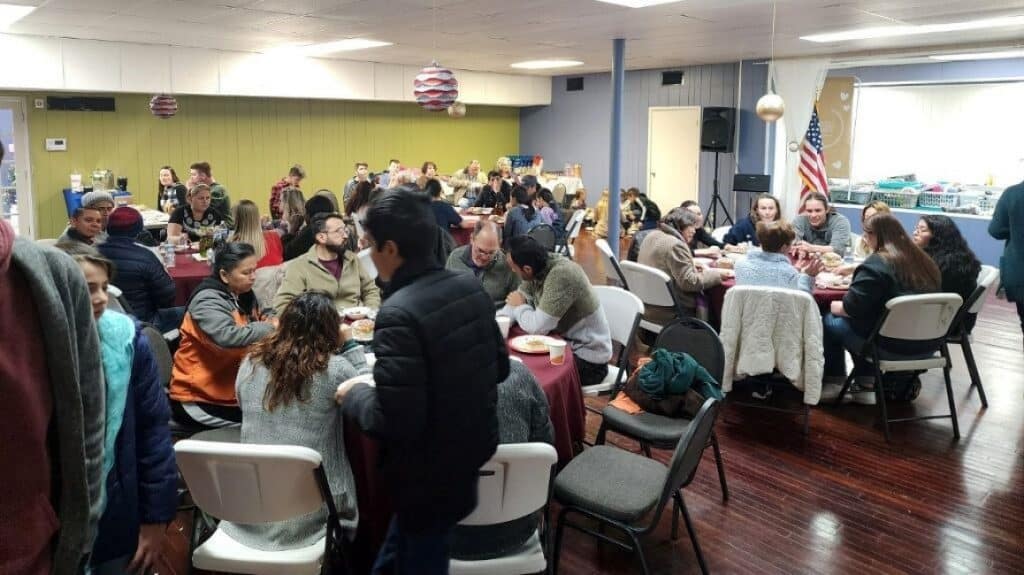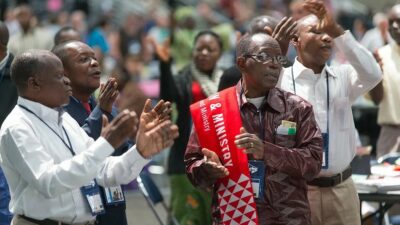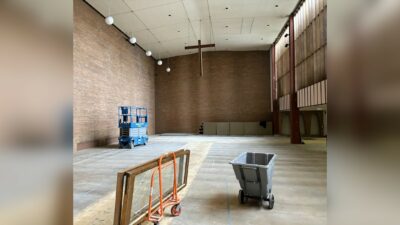More than a year after American withdrawal created massive instability in Afghanistan, refugees from the war-torn nation still need practical help and a friendly face.
RefugeKC in Kansas City, Missouri, is a non-profit ministry seeking to equip churches in this major metropolitan area to step into this ongoing need.
Founded in late 2015 by Richard Casebolt, a graduate of Midwestern Baptist Theological Seminary, RefugeKC focuses on building relationships with refugees and meeting their practical needs.
Casebolt and his wife, Vicki, served in missions in Thailand before returning to the States in 2011.
Casebolt began working for a non-profit coffee shop where he started a Bible study with refugees who had spent time in Thailand and could speak the language.
Your tax-deductible gift helps our journalists report the truth and hold Christian leaders and organizations accountable. Give a gift of $30 or more to The Roys Report this month, and you will receive a copy of “Hurt and Healed by the Church” by Ryan George. To donate, haga clic aquí.
The more relationships he built, the clearer the need became.
“It just became increasingly obvious that there was a need for full-time work among the nations that God was bringing into Kansas City,” Casebolt said.
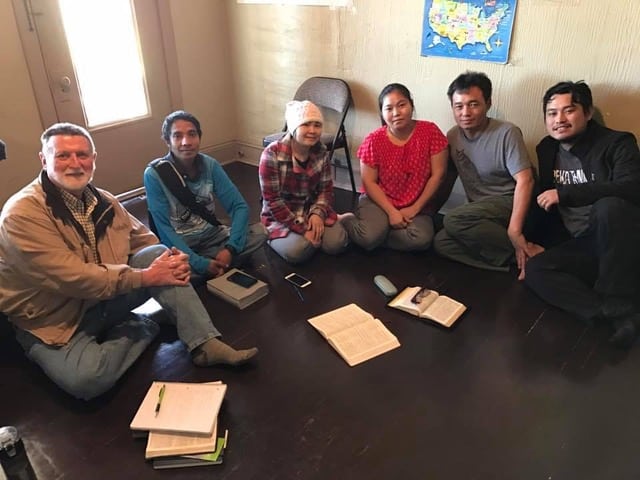
“That mission and vision ought to include making disciples among the nations according to the Great Commission. We want to help equip churches to do that and help raise awareness to the issue.”
After the fall of Afghanistan in 2021, refugee resettlement agencies around KC reached out to RefugeKC to assist with the influx of displaced Afghans coming to the area.
The organization helped coordinate thousands of volunteers, who served by picking up refugees from the airport, preparing meals, leading activities for children and transporting families to temporary housing.
Casebolt said the city’s Afghan population grew from around 300 to more than 1,200 in a matter of months.
Now more than a year later, Casebolt said ministry among refugees from a variety of nations continues. The organization is now more focused on developing deeper personal connections with their new neighbors.
The form this personal ministry takes is small support groups called Ambassador Teams.
Groups of four to six people from local churches volunteer to assist a particular refugee family in their transition process. These specially trained teams help the refugees in both practical and spiritual ways over a one-year period.
The teams form slowly, but more than 20 have formed so far.
Casebolt said the goal of the groups is help refugees move from “surviving to thriving.” And ultimately, they hope to make disciples.
“We always keep the Great Commission as our marching order,” Casebolt said.
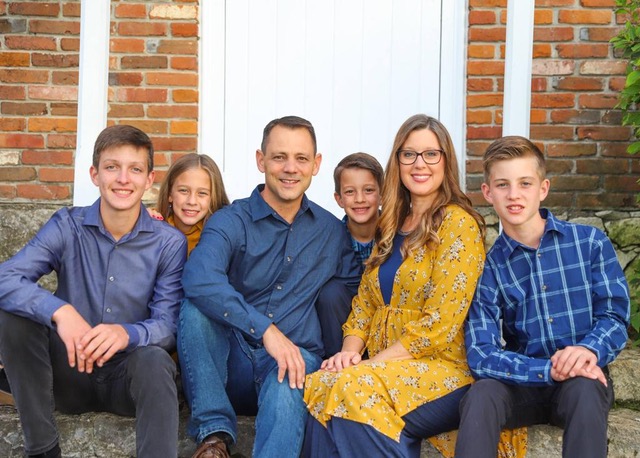
“Our greater mission is partnering with local churches to make disciples of these different nations represented by these refugees. We are really wanting the church to be awakened and renewed in this commitment. The nations have come to us here, so let’s welcome them with the Gospel.”
In addition to the Ambassador Teams, the day-to-day ministry of the organization typically looks like going door to door in neighborhoods, teaching English language classes and recently, preparing Christmas packages for refugee families.
Last year, RefugeKC hosted a pastors’ conference to inform churches about the needs in the area.
Although there are many things churches must learn about ministering to refugees, Casebolt said the heart of the ministry is simply joyfully obeying God.
“This often comes down to part of the Great Commandment to love your neighbor as yourself,” Casebolt said.
“It really comes down to fleshing out the Gospel and ultimately recognizing that all people matter to God. We need to go after people with the Word of God, which are the only two truly eternal things. When we work unto the harvest, we are really just continuing the work God gave for us to do from the very beginning.”’
Este artículo apareció originalmente en prensa bautista.
Timothy Cockes is a Baptist Press staff writer.




